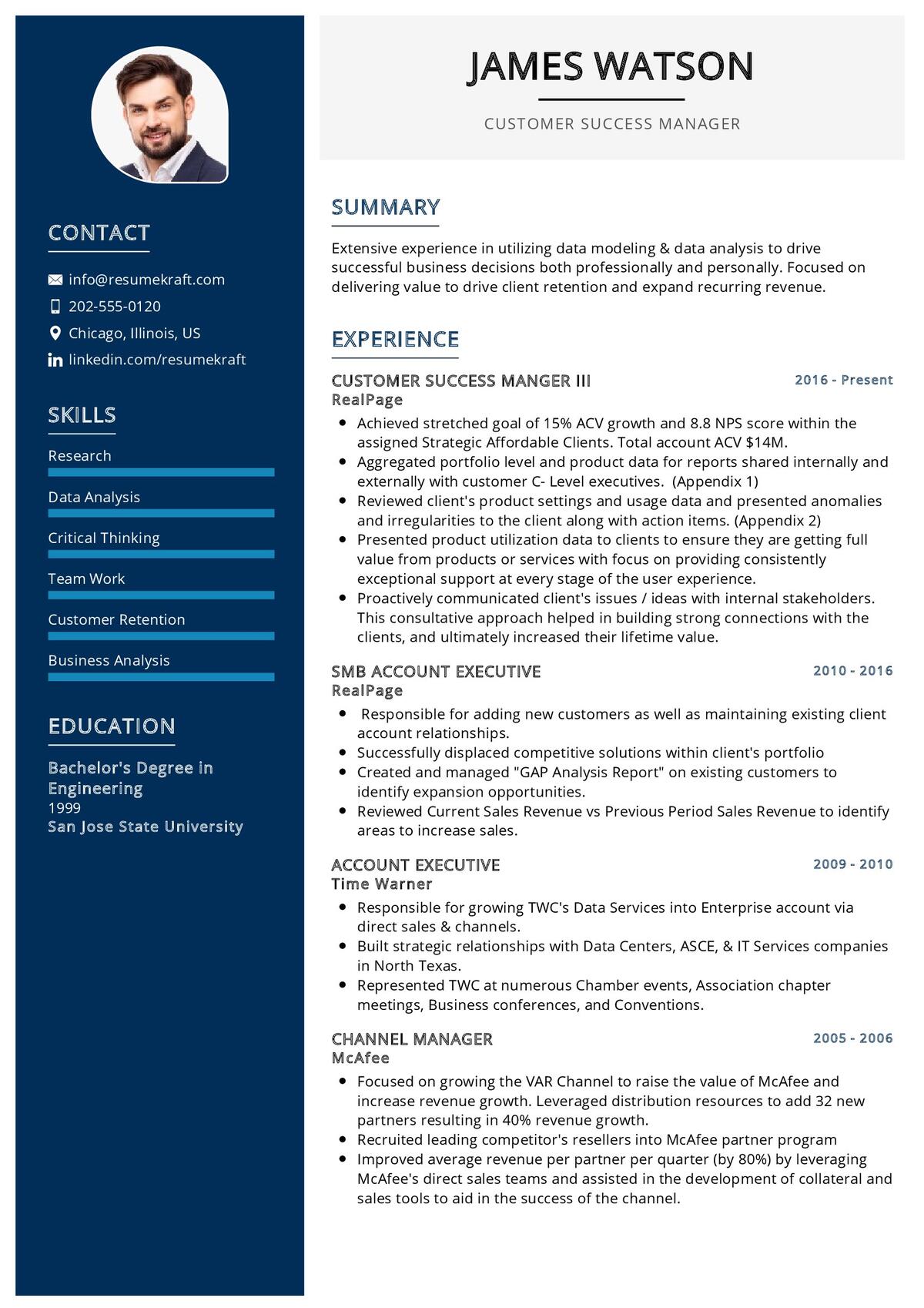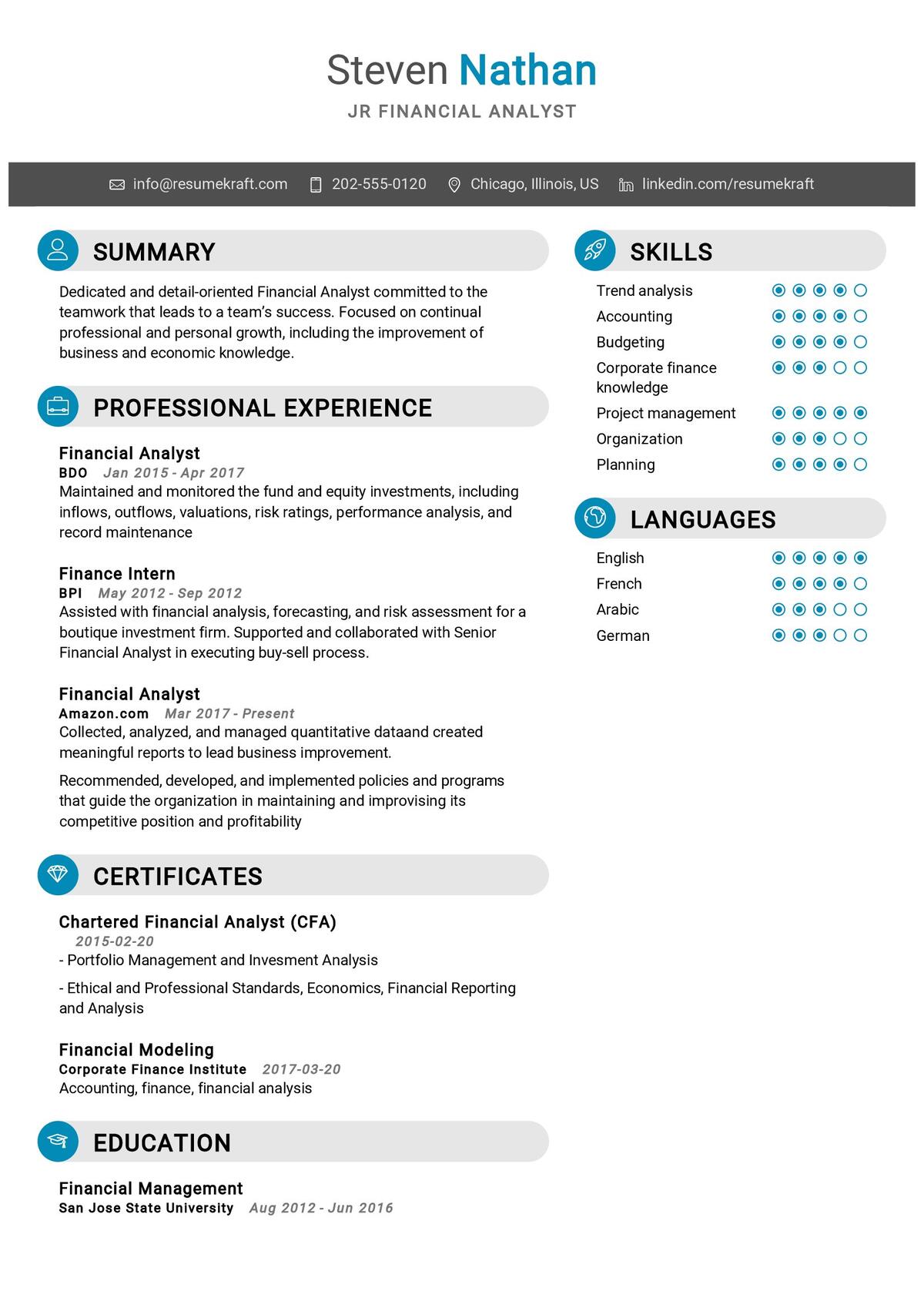
The role of an assistant principal is vital in creating a productive and positive school environment. Assistant principals often handle many responsibilities such as discipline, supporting teachers, and collaborating with the principal to ensure smooth operations. If you’re applying for this position, you’ll need to prepare for the interview by understanding the key questions and how to answer them effectively. This article will guide you through the top 36 assistant principal interview questions and provide you with thoughtful answers to help you succeed.
Top 36 Assistant Principal Interview Questions
1. What motivated you to pursue a career in school leadership?
Answer: My passion for education and the desire to influence a larger scope of students and staff are what motivated me to pursue school leadership. I believe that as an assistant principal, I can have a greater impact on shaping the school’s culture, enhancing student learning experiences, and supporting teachers in their professional growth.
Explanation: This question seeks to understand your passion and long-term commitment to educational leadership. It’s important to demonstrate that you are driven by both personal and professional motivations to enhance the school’s success.
2. How do you handle student discipline?
Answer: I believe in approaching student discipline from a restorative standpoint, where the focus is on correcting behavior rather than punishment. I first try to understand the root cause of the behavior and then collaborate with the student and their parents to create a plan that supports positive behavior change.
Explanation: Principals want to see that you take a balanced approach to discipline, using restorative justice or positive behavioral interventions instead of punitive measures.
3. How do you support teachers in their professional development?
Answer: I support teachers by creating individualized professional development plans that address their areas of growth, conducting regular classroom observations, and providing constructive feedback. I also encourage peer collaboration and facilitate workshops tailored to teachers’ needs.
Explanation: Assistant principals are expected to foster teacher growth. Showing that you focus on continuous learning and mentorship reflects strong leadership skills.
4. Describe a time when you had to deal with a difficult parent
Answer: When I encountered a difficult parent, I listened to their concerns without interrupting, acknowledged their feelings, and worked collaboratively to find a solution that was in the best interest of the student. This approach often helped de-escalate the situation and build trust.
Explanation: Demonstrating your ability to navigate challenging conversations with parents highlights your communication and conflict-resolution skills, both crucial for assistant principals.
5. How do you handle conflicts among staff members?
Answer: I address staff conflicts through open and honest communication. I meet with each party individually to understand their perspectives, then bring them together to discuss the issue collaboratively. My goal is to find a resolution that benefits everyone while maintaining a positive school environment.
Explanation: Principals need to know you can mediate staff disputes while promoting teamwork and maintaining a professional atmosphere.
6. What strategies do you use to improve student achievement?
Answer: I focus on data-driven instruction, analyzing student performance data to identify areas for improvement. From there, I collaborate with teachers to implement targeted interventions and instructional strategies that meet the specific needs of students.
Explanation: This question aims to assess your ability to use data and evidence-based practices to enhance student outcomes, which is a key responsibility of an assistant principal.
7. How do you foster a positive school culture?
Answer: I foster a positive school culture by promoting inclusivity, recognizing and celebrating successes, and encouraging open communication among students, staff, and parents. I also create programs that focus on character education and building strong relationships.
Explanation: A positive school culture is essential for academic success and staff morale, and the interviewer wants to see how you actively contribute to it.
Build your resume in just 5 minutes with AI.

8. How would you manage a school-wide initiative?
Answer: To manage a school-wide initiative, I would first clearly communicate the vision and goals to staff, gather input, and ensure everyone understands their roles. I would also provide ongoing support and monitor progress, making adjustments as necessary.
Explanation: This question tests your leadership and project management abilities, which are essential for successfully implementing school initiatives.
9. How do you address achievement gaps among students?
Answer: I analyze performance data to identify gaps in achievement, then collaborate with teachers to implement targeted interventions and differentiated instruction. I also work with families to provide additional support outside of the classroom.
Explanation: Achievement gaps are a major concern in education, and interviewers want to know how you plan to tackle these disparities through intentional strategies.
10. What is your experience with special education?
Answer: I have worked closely with special education teachers and IEP teams to ensure that students receive appropriate accommodations and services. I ensure that all students are included in the general education setting as much as possible and monitor their progress closely.
Explanation: Inclusive education is a priority, and principals want to know that you are knowledgeable and proactive in supporting students with special needs.
11. How do you balance administrative duties with being visible in the school?
Answer: I set clear priorities for administrative tasks but make it a point to be visible in classrooms, hallways, and during school events. Building relationships with students, staff, and parents is just as important as completing paperwork.
Explanation: Visibility and relationship-building are critical for school leaders, and the interviewer wants to ensure you won’t be solely focused on administrative tasks.
12. How do you stay updated on educational trends and policies?
Answer: I regularly attend professional development workshops, read educational journals, and participate in online forums. I also network with other administrators to exchange ideas and stay informed about new policies and best practices.
Explanation: This demonstrates that you are a continuous learner who stays informed about the latest developments in education, a crucial trait for school leaders.
13. Describe your experience with budget management.
Answer: I have experience assisting with school budgets by identifying priorities, collaborating with staff to ensure resources are allocated efficiently, and making data-driven decisions to ensure we meet both academic and operational goals.
Explanation: Budget management is an important part of school leadership, and the interviewer wants to see that you are fiscally responsible while supporting educational initiatives.
14. How would you support diversity and inclusion in the school?
Answer: I support diversity by ensuring that the curriculum reflects diverse perspectives and that the school is an inclusive space for all students. I also encourage the celebration of cultural events and ensure policies protect students from discrimination.
Explanation: Diversity and inclusion are key values in education, and you should demonstrate how you will actively promote them as part of your leadership approach.
15. How do you handle teacher evaluations?
Answer: I conduct teacher evaluations by observing their lessons, providing constructive feedback, and collaborating on strategies for improvement. My goal is to help teachers grow professionally and enhance their instructional practices.
Explanation: This question tests your ability to support teacher development through evaluations that are constructive and growth-oriented.
16. How do you communicate with parents and guardians?
Answer: I prioritize open and proactive communication with parents, using newsletters, emails, and regular meetings to keep them informed about school events, policies, and student progress. I also make myself available for one-on-one meetings when needed.
Explanation: Strong communication skills are essential for assistant principals, and you should show that you value keeping parents engaged and informed.
17. What is your experience with crisis management?
Answer: I have experience developing crisis management plans and ensuring that staff and students are trained in emergency procedures. In times of crisis, I remain calm, follow established protocols, and ensure clear communication with all stakeholders.
Explanation: Handling crises effectively is a critical responsibility in school leadership, and the interviewer wants to assess your readiness for such situations.
18. How do you ensure student safety on campus?
Answer: I ensure student safety by regularly reviewing and updating safety protocols, conducting drills, and collaborating with local authorities. I also work with staff to create a safe and supportive environment where students feel secure.
Explanation: School safety is a top priority, and this question aims to gauge your commitment to maintaining a secure learning environment for all students.
19. How do you handle underperforming teachers?
Answer: When addressing underperformance, I collaborate with the teacher to develop a clear improvement plan, provide them with additional support such as mentorship or professional development, and monitor their progress through follow-up observations.
Explanation: The focus here is on your ability to support struggling teachers while holding them accountable for improving their performance.
20. How do you incorporate technology into the classroom?
Answer: I encourage the use of technology to enhance learning by supporting teachers in integrating tools such as interactive whiteboards, learning management systems, and educational software. I also ensure that students have equitable access to technology resources.
Explanation: Technology is increasingly important in education, and this question tests your understanding of how to integrate it effectively to improve student outcomes.
21. What role does data play in your decision-making?
Answer: Data plays a central role in my decision-making process, particularly when it comes to identifying student needs, evaluating program effectiveness, and making resource allocation decisions. I analyze data regularly to ensure we are meeting our goals.
Explanation: *Data-driven decision-making is a key aspect of school leadership, and this question assesses your competency in using
data to inform strategies and practices.*
22. How do you motivate students to succeed academically?
Answer: I motivate students by setting clear expectations, providing positive reinforcement, and creating opportunities for them to take ownership of their learning. I also work with teachers to ensure lessons are engaging and relevant to student interests.
Explanation: This question looks at your ability to inspire and motivate students to reach their academic potential, which is a critical part of fostering a successful school environment.
23. How would you improve parent involvement in the school?
Answer: I would improve parent involvement by creating more opportunities for them to engage with the school, such as through volunteer programs, parent workshops, and regular family engagement events. I also ensure that parents feel welcomed and valued in our community.
Explanation: Parental involvement is essential for student success, and the interviewer wants to know how you would actively encourage and enhance parent engagement.
Planning to Write a Resume?
Check our job winning resume samples


24. Describe a time when you had to implement a new policy.
Answer: When implementing a new policy, I focus on clear communication, explaining the rationale behind the change and how it will benefit the school community. I also provide training and support to staff and address any concerns they may have.
Explanation: Introducing new policies requires strong leadership and communication skills, and this question assesses your approach to change management.
25. What is your approach to time management?
Answer: I prioritize my tasks based on urgency and importance, using tools like digital calendars and task lists to stay organized. I also make sure to allocate time for unforeseen challenges, as flexibility is key in a school leadership role.
Explanation: Time management is crucial for assistant principals who balance a range of responsibilities. The interviewer wants to see that you can effectively manage your time while remaining flexible.
26. How would you handle a situation where a student is consistently underperforming?
Answer: I would work closely with the student, their teachers, and their parents to identify the underlying reasons for their underperformance. Together, we would create an individualized support plan that includes academic interventions and additional resources.
Explanation: This question is about identifying your ability to provide targeted support to students who may need extra help to succeed academically.
27. How do you handle feedback from staff or students?
Answer: I welcome feedback from both staff and students, seeing it as an opportunity to improve. I listen actively and take their input seriously, using it to make informed decisions and adjustments to improve the school environment.
Explanation: Being receptive to feedback is an important leadership quality. The interviewer is assessing your ability to use feedback constructively to make positive changes.
28. How do you ensure that extracurricular activities contribute to student growth?
Answer: I ensure that extracurricular activities are aligned with the school’s mission by promoting activities that build leadership, teamwork, and other important life skills. I also work with staff to offer a wide range of options that cater to diverse interests.
Explanation: Extracurricular activities play a vital role in student development, and the interviewer wants to see that you value and support these opportunities.
29. How do you support student mental health?
Answer: I support student mental health by ensuring that we have resources like counseling services and peer support groups available. I also work with staff to promote a positive and supportive school environment where students feel safe to express themselves.
Explanation: Mental health is a growing concern in schools, and this question assesses your awareness and commitment to supporting students’ emotional well-being.
30. How do you manage teacher burnout?
Answer: To manage teacher burnout, I provide regular opportunities for professional development, encourage peer collaboration, and recognize teachers’ efforts and achievements. I also ensure that teachers have access to resources that support their work-life balance.
Explanation: Teacher burnout can impact school performance, and this question examines how you would prevent and address this issue within the staff.
31. What is your leadership style?
Answer: My leadership style is collaborative and inclusive. I believe in empowering staff to take ownership of their work while providing guidance and support when needed. I encourage open communication and strive to create a positive, team-oriented atmosphere.
Explanation: The interviewer wants to understand how you lead and manage others. Demonstrating a flexible, inclusive approach to leadership is key.
32. How do you manage your relationship with the principal?
Answer: I view my relationship with the principal as a partnership. I communicate regularly, offer my insights on school matters, and provide support in executing the school’s vision and goals. Collaboration and mutual respect are key to our success.
Explanation: Assistant principals play a supportive role to the principal, and the interviewer wants to ensure that you can work collaboratively with school leadership.
33. How do you approach school-wide behavior management?
Answer: I approach school-wide behavior management by implementing consistent policies that promote positive behavior and clear expectations. I also involve teachers, students, and parents in the process to create a cohesive and supportive environment.
Explanation: School-wide behavior management requires consistency and collaboration, and the interviewer is looking for your ability to maintain order while promoting a positive school climate.

Build your resume in 5 minutes
Our resume builder is easy to use and will help you create a resume that is ATS-friendly and will stand out from the crowd.
34. What are your strategies for improving teacher retention?
Answer: My strategies for improving teacher retention include providing regular professional development opportunities, fostering a supportive and collaborative environment, and recognizing teachers’ hard work. I also make sure teachers feel heard and valued.
Explanation: Teacher retention is important for maintaining school stability, and the interviewer wants to see how you would create an environment that supports long-term staff satisfaction.
35. How do you support the implementation of new curriculum standards?
Answer: I support new curriculum standards by providing teachers with the resources and training they need to understand and integrate these standards into their lessons. I also monitor progress to ensure that the new standards are being met effectively.
Explanation: Curriculum changes can be challenging for teachers, and the interviewer wants to know how you would provide support and ensure the successful implementation of new standards.
36. What is your vision for the school’s future?
Answer: My vision for the school’s future is to create a thriving, inclusive learning environment where all students feel supported and empowered to succeed. I see our school as a place where both students and staff grow together, and where innovation in education is embraced.
Explanation: This question assesses your long-term goals and vision for the school. The interviewer wants to ensure your values align with the school’s mission.
Conclusion
Preparing for an assistant principal interview requires a thoughtful understanding of what the role entails. The questions above provide insight into the areas that principals and hiring committees focus on when evaluating candidates. Whether you’re discussing leadership, discipline, or curriculum, it’s essential to demonstrate your knowledge, experience, and passion for educational success. By confidently answering these common interview questions, you’ll position yourself as a capable leader ready to take on the responsibilities of an assistant principal.
Recommended Reading:

